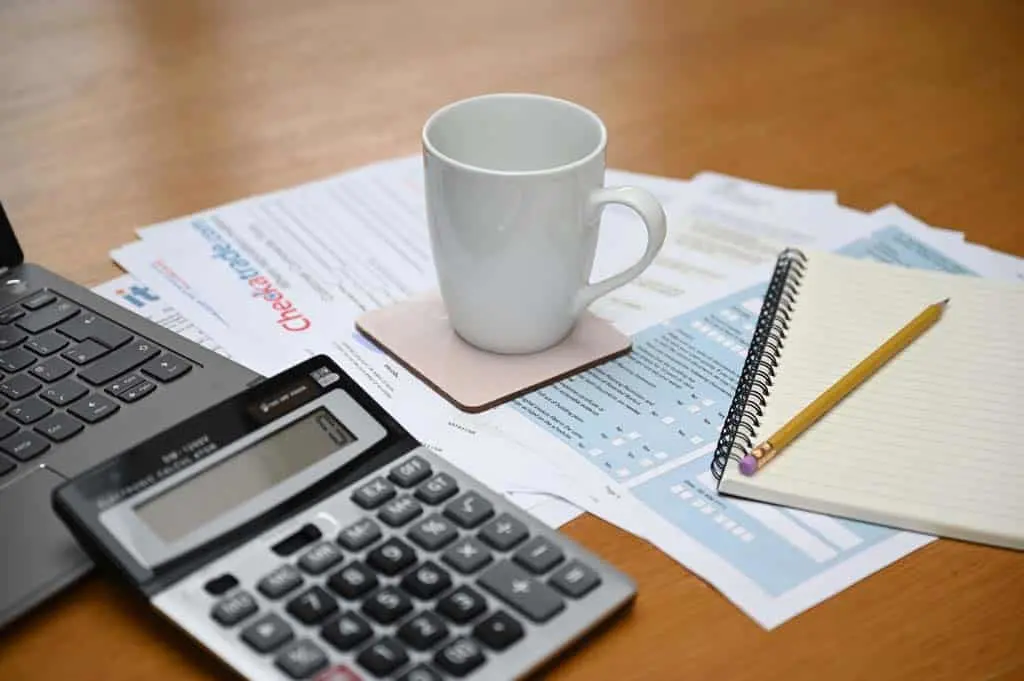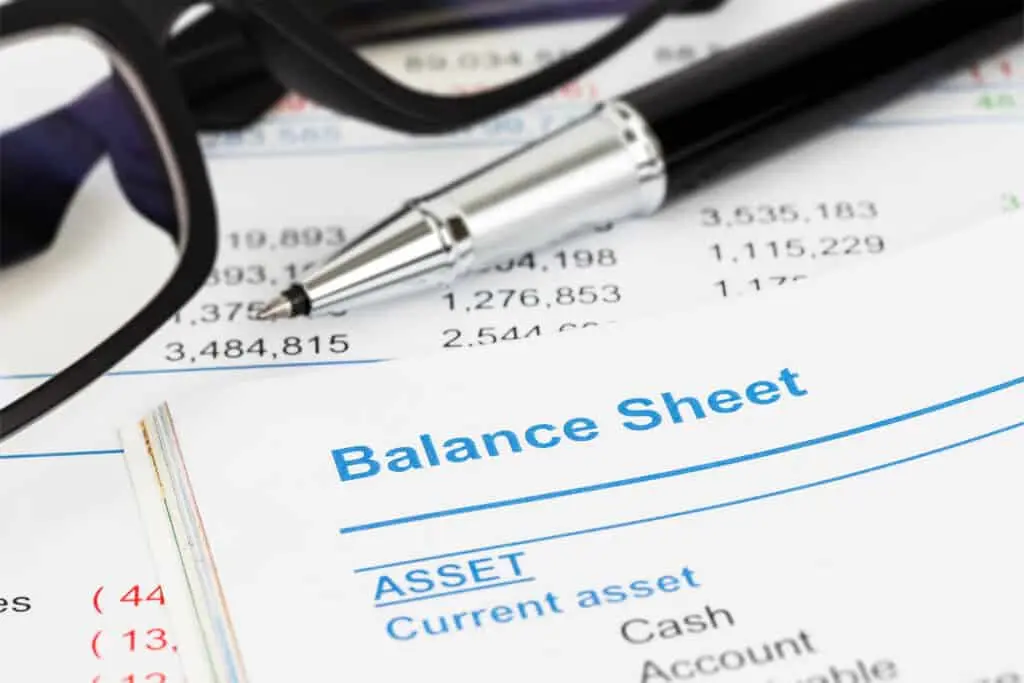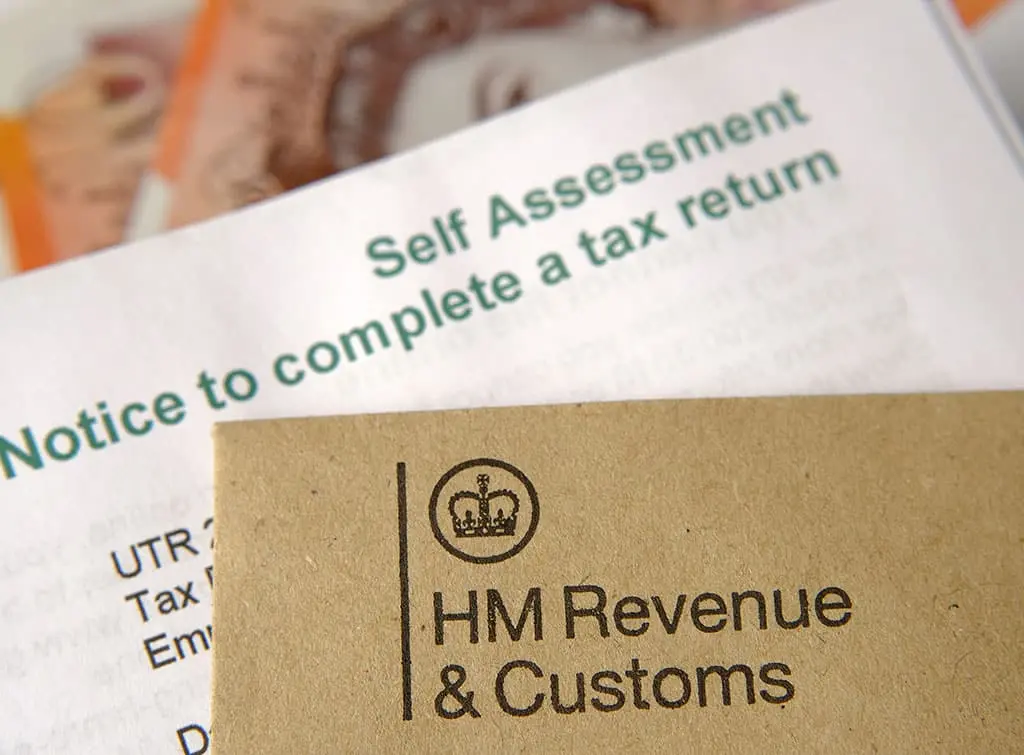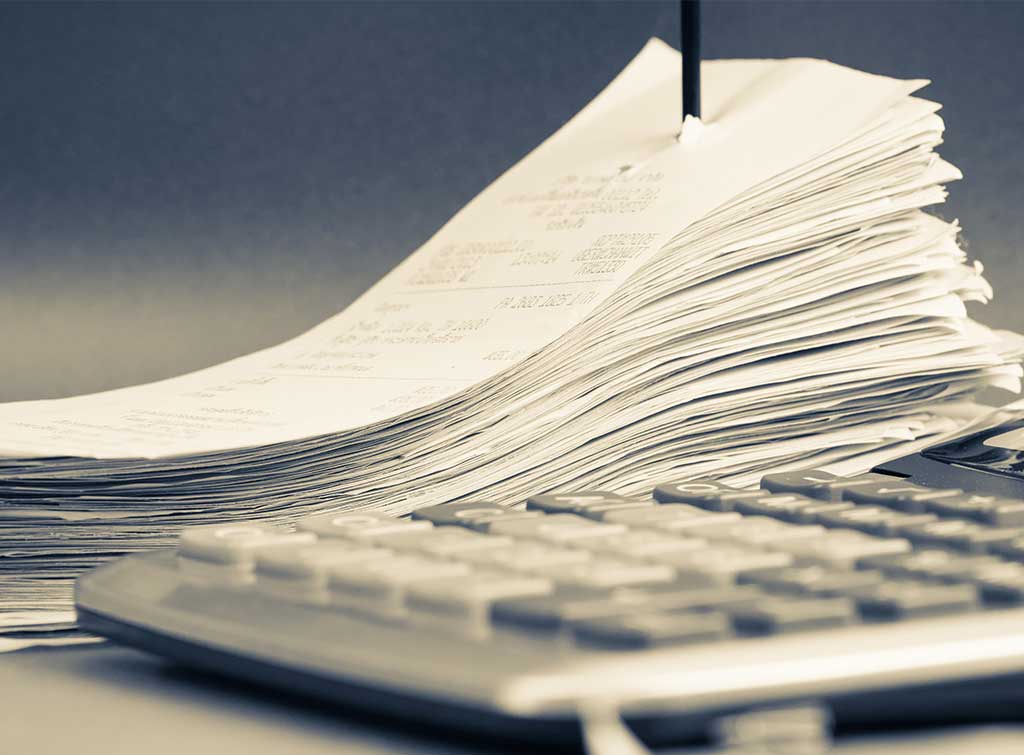Blog>Trade>Finance>How to file company accounts
Last updated: 3 July 2024
How to file company accounts
Whether you're a sole trader or own a limited company, it's crucial you know how to file business taxes. If you don’t, you might receive a hefty penalty or personal fines. Learn how to file taxes as a small business properly with our guide.

No matter if you’re a sole trade or a limited company, one thing is the same – both pay taxes.
However, that’s not to say the taxes you’ll be paying are the same. In fact, they might be very different.
As a sole trader, you’ll need to pay both income tax and National Insurance Contributions. But as a limited company, you’ll need to pay corporation tax, VAT, Employer National Insurance Contributions, and personal tax liabilities.
Its so key to pay the right tax for your business, so keep reading to learn how to file company accounts properly.
Need to know about filing business taxes as a company?
First things first, let’s look at what’s required for limited companies when filing business taxes.
Generally speaking, as a limited company, you'll need to file your accounts with Companies House each year.
However, you’ll also need to file your company tax return (CT600) with HMRC at the same time. That way, you can be taxed properly at the same time.

When should you file your company accounts?
When you should file your company accounts will differ depending on when your business was established.
In most cases, this means referring to your accounting reference date to calculate the deadline for filing your accounts.
For example:
If you’re a new company, this date will be the anniversary of the last day in the month the company was incorporated
But for existing companies, this date will be the anniversary of the day after the previous financial year ended
Once you know when this is, you’ll have nine months from your accounting reference date to file your accounts. Fortunately, you can register for reminders from Companies House to avoid missing this deadline.
Get help managing your finances
Manage your quoting and invoicing through our app
How to file audited accounts with Companies House
The best way to file any audited accounts is online, as it’s arguably the easiest and safest to do so. All you'll need is your Companies House password and authentication code and you can get started with the following steps:
Sign in/register to WebFiling
Once logged in to the Companies House online portal, search for the company you're filing for and select it
Within your company profile page, click on 'file accounts'
Follow the online prompts to answer a selection of 'yes and no' questions, submitting the required information where necessary
Check your prepared full accounts meet the criteria outlined
Review your content, approve your accounts, and submit them to Companies House
Following your submission, you'll then receive two emails:
One to let you know the accounts have been received
One to let you know if the accounts have been accepted or rejected
If they’ve been accepted, great! You don’t have to do anything else. If they’re rejected, however, you need to look into why this was and rectify it.

What happens if I don't file my accounts with Companies House?
If you, as a company director, don't file your accounts at Companies House, you'll receive an automatic monetary penalty. This penalty will then be doubled if you fail to file your accounts on time two years in a row.
On top of this, you can also be fined and struck off the register. This is often the case if you don't send Companies House your accounts or confirmation statement on time.
For more information on this, we recommend reading the rules and requirements for filing annual accounts with Companies House.
Get help managing your finances
Manage your quoting and invoicing through our app
How to file a company tax return
With your accounts covered, it’s now time to look at how to file a company tax return.
Like your accounts, a company tax return, or a CT600, must be submitted by those who own a limited company.
It essentially reports a company's spending, profits, and corporation tax figures to HMRC, which is then used to calculate tax.
How to file a CT600
When you register your limited company with Companies House, you'll also register for corporation tax and PAYE as an employer. Thus, if HMRC thinks your company owes corporation tax, you'll receive a 'notice to deliver a company tax return'.
As a result, you must submit a company tax return to HMRC. This is the case even if you've made a loss or have no corporation tax to pay.
At which point, HMRC will decide how much tax you owe.
Much like your accounts, the best way to submit a CT600 is online. You can do this via HMRC online services. Remember that the responsibility to do this lies with you as a company owner.
So, even if you don't receive a notice, but think you owe tax, it’s best to contact HMRC anyway.

What does a company tax return include?
As a general rule of thumb, all company tax returns should include the following:
Your company's profit/loss for corporation tax (this is different from the profit and loss in your annual accounts)
Your corporation tax bill
The accounts and computations part of the limited company tax return must also be in the Inline eXtensible Business Reporting Language (iXBRL) format.
If you’re at all confused about what else to include, the government has put together advice on how to file a company tax return.
Alternatively, you could hire a qualified accountant to complete your company accounts and tax returns on your behalf.
When should I submit a company tax return?
This is no universal deadline on when to submit a company tax return.
However, you must at least submit said document 12 months after the end of the accounting period the return covers.
In most cases, this will be the same timeframe as the financial year covered by your company's annual accounts.
Get membership that's right for you
Enjoy more leads and increase your revenue - starting today!
How to submit a corporation tax return
Once you know when to file your company tax return, you’ll need to complete the required documentation.
This includes said company tax return as well as a corporation tax bill, both of which should be submitted together.
After submitting these, the deadline to pay your corporation tax bill will normally be nine months and one day. Specifically, after the end of the accounting period.
What income does a limited company pay corporation tax on?
As a limited company, you'll need to pay corporation tax on your profits.
As of 2023, this starts at 19% for businesses with profits under £50,000, and 25% for profits above £250,000. However, this percentage can be reduced by marginal relief.
Corporation tax should also be paid on:
Trading profits (the profits you make from doing business)
Investments
Chargeable gains (selling assets for more than they cost). These assets include land and property, equipment and machinery, and company shares

How to file taxes as a small business
Unlike limited companies, if you’re self-employed, you'll need to register for both self-assessment and Class 2 National Insurance. This is certainly the case if it is your first self-assessed tax return.
First register for self-assessment with HMRC using your Government Gateway ID and password
Within ten days, you should receive your Unique Taxpayer Reference (UTR)
You'll need your UTR number to file your tax return
On top of this, you may also receive a reminder via post or email, to inform you about completing your self-assessment tax return before it's due
Once you're registered and have received your UTR, you can file your business tax return.
How to pay taxes when self-employed
There are a number of ways to pay your taxes when self-employed. For example, it can be done via:
Online banking
CHAPS
Debit or corporate credit cards
At a bank or building society
For more tips on doing this, especially if this is your first one, read our guide to self-employed tax returns.
Grow your business with Checkatrade
By now you should hopefully have a much better idea of how to file business taxes. Of course, if you want more help expanding your business, why not consider joining Checkatrade?
Checkatrade is the UK’s largest online directory, helping tradespeople to reach as wide an audience as possible.
Members get access to their own profile
Reviews from customers help build trust
A dedicated trade app helps manage job opportunities, your profile, quoting and invoicing
Enjoy a number of discounts and offers, helping you save money where needed
Our fixed membership option lets you build the plan that’s perfect for you and your business needs
Get in touch today to learn more about our vetting process. Every member of Checkatrade has to pass 12 checks to make sure they're a quality tradesperson.
Anyone that doesn't meet our high standards does not get through.
Get help managing your finances
Manage your quoting and invoicing through our app
Business tax FAQs
How do I do my taxes as a beginner?
The best way to handle your taxes as a beginner is by keeping accurate and organised financial records. And then filing your taxes before the deadline to avoid any of the associated penalties.
Generally speaking, using the appropriate online service is the quickest and easiest way to do your taxes as a beginner. You just need to make sure you plan for how you'll pay your tax liabilities by the due date.
For example, some self-employed people put 30% of their income aside each month to save toward their tax bill.
Is it easy to do your own tax return?
If your finances are relatively straightforward and you know what you're doing, it's simple to do your own tax return.
However, paying an accountant to file your taxes for you will free up your time. They will also make sure your business is tax efficient by avoiding over-taxation.
Do I need an accountant to file company accounts?
Legally, you don't need an accountant to file company accounts, but many companies will choose to instruct a qualified accountant.
Besides reliable taxing, accounts are there to offer business and financial advice when needed.
Get membership that's right for you
Enjoy more leads and increase your revenue - starting today!
Disclaimer
This information is for guidance purposes only and does not amount to financial or legal advice or recommendation. The content and materials featured or linked to on this blog are for your information and education only and are not intended to address your particular personal requirements. The information does not constitute financial advice or recommendation and should not be considered as such. The Checkatrade website is not regulated by the Financial Conduct Authority (FCA), its authors are not financial advisors, and it is therefore not authorised to offer financial advice. Always do your own research and seek independent financial advice when required. Any arrangement made between you and any third party named or linked to from the site is at your sole risk and responsibility. Checkatrade blog and its associated writers assume no liability for your actions.


